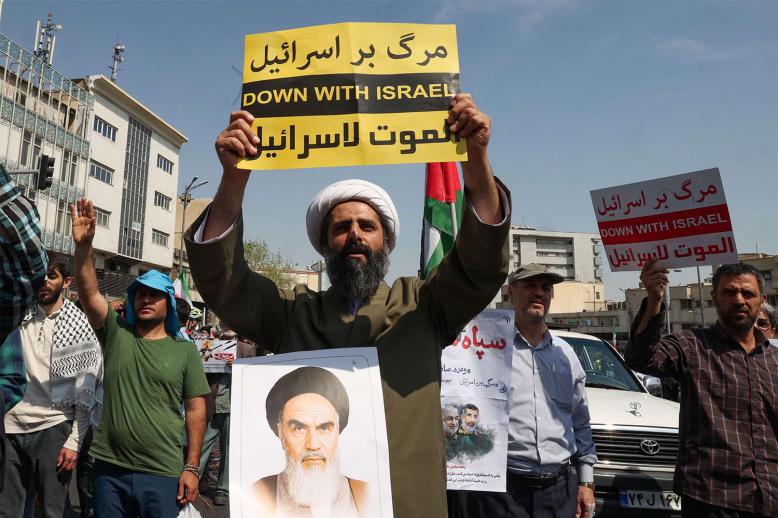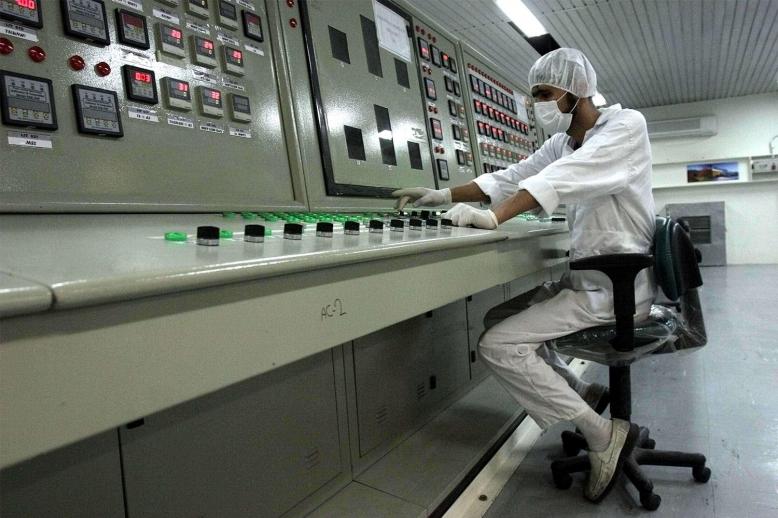Saudi Arabia proposes new mechanism for stability in Yemen's south
CAIRO - Saudi Arabia has presented a framework to expedite a stalled November deal in Yemen's south designed to end a standoff between nominal allies under a Saudi-led coalition, Saudi state news agency SPA said on Wednesday.
Riyadh is seeking to unite Southern Transitional Council (STC) and government forces in Yemen's south to concentrate their common fight against the Iran-aligned Houthi forces, which control the north of the country.
The Yemeni government, based in the southern port of Aden, and the STC are nominal allies in the Saudi-led coalition, which has been at war against the Houthis since 2014.
But the STC declared self-rule in April, and the two sides have been fighting in Aden and other southern regions, complicating UN efforts for a permanent ceasefire to the overall conflict.
Under the new Saudi resolution, the STC is required to rescind self-rule as both parties implement the November deal.
That Saudi-brokered deal, known as the "Riyadh agreement", had been negotiated in response to an STC takeover of Aden city in August last year, but was never implemented.
On Wednesday, STC spokesman Nizar Haitham said the group would rescind self-rule and work towards implementing the new framework.
The Saudi resolution stipulates appointing a governor for Aden city, the de facto headquarters of the internationally recognised Yemeni government. It states military forces should leave Aden governorate and forces in Abyan province should separate and return to previous positions.
On Wednesday, a new governor was appointed for Aden - Ahmed al-Amlas, Yemeni government news agency Sabanet said.
Yemen's prime minister should form a government within 30 days representing north and south Yemen equally and including STC representatives, the Saudi announcement said.
In June, government and STC forces agreed on a ceasefire in the south. The resolution stipulates this should continue.
The Yemeni government welcomed the new Saudi resolution, spokesman Rajeh Badi told Sabanet news.
"The consent of the Yemeni parties to accelerate the implementation of the agreement reflects the serious desire for dialogue," Saudi vice minister of defence Khalid bin Salman tweeted.
UAE Minister of State for Foreign Affairs Anwar Mohammed Gargash said the developments in the implementation of the Riyadh Agreement were encouraging.
“We hope that the Yemeni government and the Southern Transitional Council will prevail over the strategic vision to agree on the narrow tactical gains. Restoring confidence requires making concessions and corresponding concessions,” tweeted Gargash.
The UN has been holding virtual talks between the warring parties to agree to a permanent ceasefire and a restart to peace negotiations last held in December 2018 for a broad national resolution to a conflict that has created the world's largest humanitarian crisis.
The UN's Yemen envoy Martin Griffiths on Tuesday warned the window of opportunity to reach an agreement was limited.
"There is a real risk that these negotiations will slip away, and that Yemen will enter a new phase of prolonged escalation, of the uncontrolled spread of COVID-19, and of severe and threatening economic decline," he told the UN security council.





